No products in the cart.
Return To ShopTagging Turtles of All Sizes: A Lifelong Tool for Conservation
From the massive Leatherbacks (Dermochelys coriacea) navigating ocean currents to the resilient Box Turtles (Terrapene spp.) traversing forest floors, Turtles and Terrapins captivate scientists and conservationists alike. Whether they live in saltwater, freshwater, or on land, these remarkable reptiles are critical indicators of ecosystem health. One of the most effective ways to study and protect them is through PIT (Passive Integrated Transponder) tagging—a powerful, non-invasive method to track individual turtles over time.
At Voda IQ, we support researchers working across the globe on migration mapping, population monitoring, and survival studies for all turtle species—including Sea Turtles (Cheloniidae and Dermochelyidae families), Box Turtles (Terrapene spp.), and Terrapins (Malaclemys terrapin). PIT tags allow biologists to gather long-term, reliable data on the same individuals without the need for batteries or replacement devices. Our tags are engineered for high performance and reliability and are designed to last the entire lifespan of the animal—whether that’s 10 years or 100.
Why Tagging Matters
Tagging turtles provides key insights that are otherwise impossible to gather:
- Migration tracking reveals where turtles travel to breed, feed, and nest—vital data for conservation planning.
- Population studies help determine species abundance, distribution, and threats over time.
- Survival monitoring allows researchers to evaluate the impacts of habitat loss, climate change, or bycatch on turtle health and longevity.
PIT tags are especially well-suited for these applications. Unlike satellite tags, they’re lightweight, cost-effective, and maintenance-free—no batteries, no signal degradation, just dependable identification year after year.
Introducing the IM100: A Game-Changer for Turtle Tagging
We’re excited to introduce our new IM100 implanter gun, designed specifically with turtle tagging in mind. The IM100 is compatible with our Preloaded PIT Tag Tray system, making tagging faster, safer, and more efficient in the field. A key feature of the IM100 is that the needle is securely locked in place and cannot come out until it is purposefully ejected—ideal for tagging hard-shelled or squirmy subjects like turtles, where control and precision are critical.
Co-founder of Voda IQ, Brian Beckley, said, “The IM100 Quicklock™ implanter does what no other preloaded system or implant tool does—it keeps the needle in the implanter. When you are implanting deep into the muscle of large animals, the needle no longer walks off with the animal, in this case the turtle. It is a game changer for researchers!”
For those who prefer to load tags manually, our trusted IM1 stainless steel implanter remains a rugged and reliable alternative. It offers the same precise control and durability researchers have come to depend on.
As part of our ongoing commitment to sustainability, Voda IQ also offers the 10mm x 1.40mm PIT tag in the EcoSaver™ tray, a biodegradable, environmentally responsible option that reduces plastic waste without sacrificing performance.
A Lifelong Tag for a Long Life Species
Turtles are among the longest-lived animals on earth—and they deserve equipment that’s built to last. Our battery-free PIT tags are designed to provide permanent identification without harming the animal, helping researchers and conservationists build better datasets and protect these incredible creatures for generations to come.
If you’re working on a turtle or terrapin project and want to learn more about tagging equipment and best practices, reach out to the Voda IQ team. We’re here to help you find the right tools for your research, whether you’re tagging hatchlings or full-grown giants.

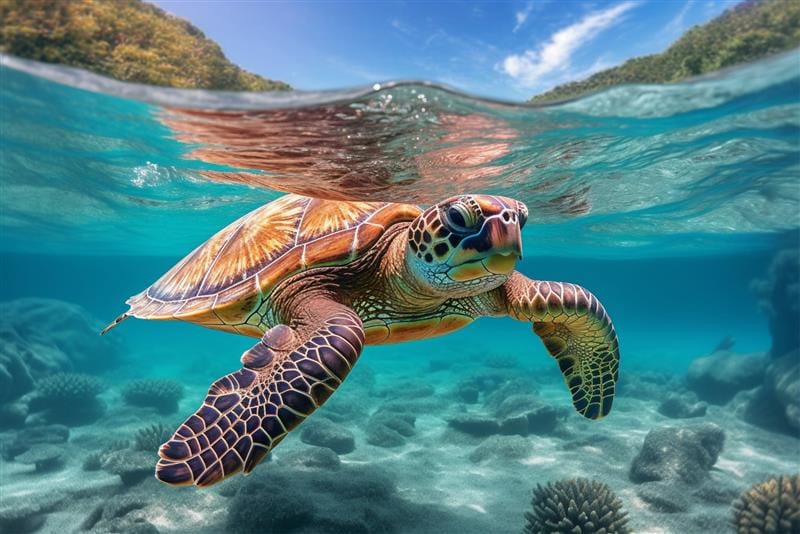


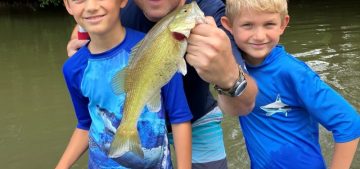
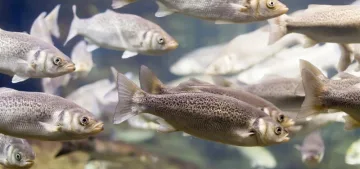

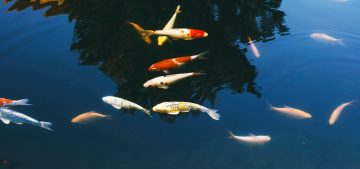
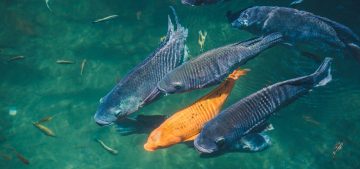
Add comment